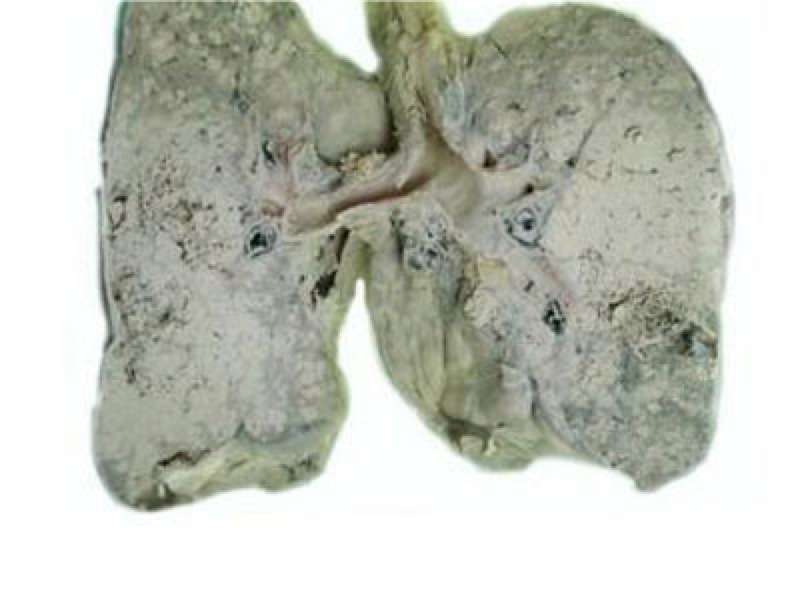Can bird flu be fatal
Avian influenza is a disease that is fatal enough. The fatality rate is extremely high, and the hazard is very huge. It can cause patients to have multiple organs to fail, and then lead to death. The main transmission routes of avian influenza, including direct transmission and indirect transmission, and caregivers, as well as people who buy live poultry, are high-risk groups.

For bird flu Bad symptoms, as we all know, is a very dangerous disease. Once a bird flu outbreak occurs in a certain place, we will use a large number of killing livestock to prevent the spread of bird flu, so as to prevent the spread of bird flu virus and harm humans. Health. So, is bird flu deadly? Let us know below!
Avian influenza is potentially fatal. Avian influenza is a disease with a very high case fatality rate and a very harmful disease. It can induce the occurrence of severe consequences of multiple organ failure, leading to the death of patients.
Avian influenza is a disease characterized by human infection with avian influenza virus, which is usually the influenza A virus. If humans are infected with avian influenza, it will induce some adverse symptoms such as fever, cough and headache, as well as muscle weakness and low sputum production.
Bird flu is usually different from the common cold, which will induce some obvious systemic symptoms to occur, which in turn will cause serious harm to the patient''s health. Generally speaking, the initial source of infection of bird flu is often birds, and the transmission route is usually through the respiratory tract, and the transmission method usually includes direct transmission and indirect transmission; and the high incidence of bird flu is usually those who live There are people in close contact with poultry, such as breeders and people who buy live poultry.
It should be noted that avian influenza is a very serious disease. Once the patient''s condition is serious, it will lead to rapid development of the disease, and then induce some adverse symptoms such as severe pneumonia and other symptoms, resulting in the patient''s temperature Most of the high fevers that persist above 39°C induce dyspnoea and may even cause coughing up blood and sputum; if the disease is still not effectively controlled, it will lead to the occurrence of acute respiratory distress syndrome. There are also mediastinal emphysema and sepsis, including shock and disturbance of consciousness, and acute kidney injury.
Related Articles

- Early Signs of Bladder Cancer
- What are the early symptoms of bladder cancer?
- 2020-12-17

- How to prevent depression
- How to prevent depression?
- 2020-12-17

- Early symptoms of lung cancer
- 2020-12-17

- Symptoms of depression
- What are the symptoms of depression?
- 2020-12-17

- Drinking water can prevent heat stroke
- Actually, the hot weather is not the direct cause of heat stroke. Heat stroke is mostly caused by sweating caused by heat. Under the high temperature in summer, the body sweats tens of tim
- 2020-08-03

- Office workers should beware of cervical spondylosis
- Cervical spondylopathy is mainly caused by degeneration of cervical intervertebral disc and hyperostosis of cervical spine, with neck and shoulder pain, numbness of upper extremities and d
- 2020-08-03
